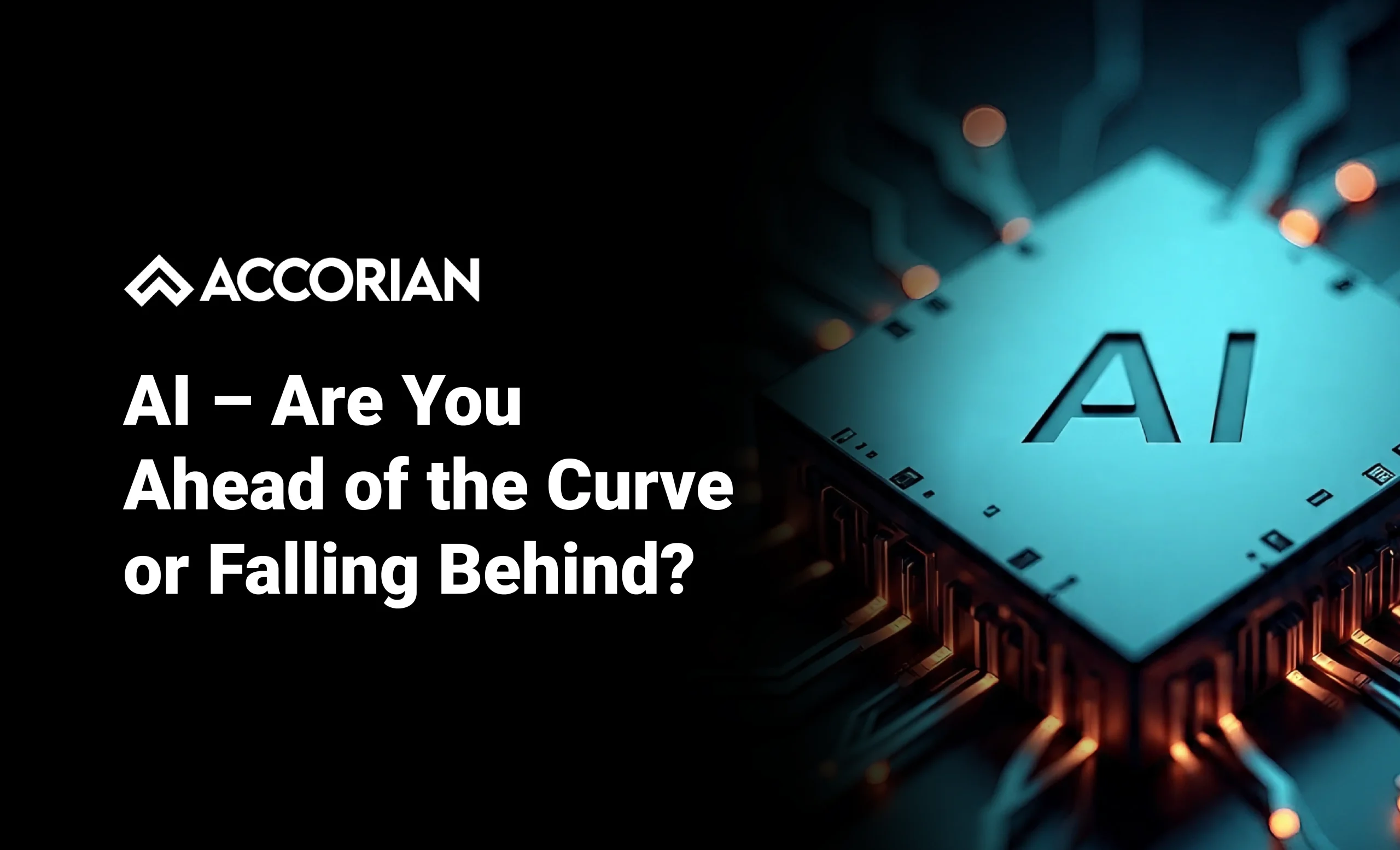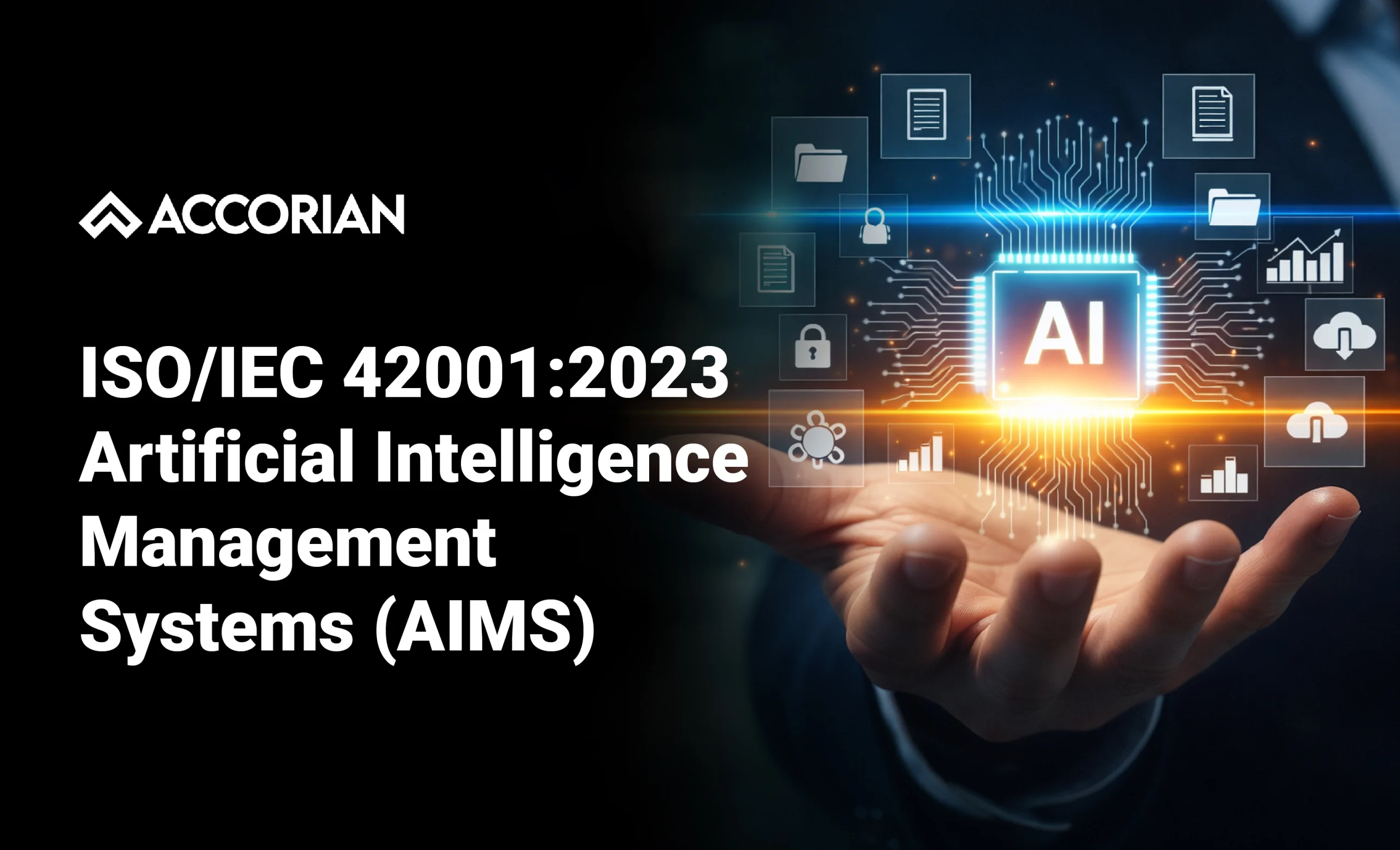The buzz around AI isn’t just loud, it’s relentless. Boardrooms, LinkedIn discussions, and industry panels are all dominated by a single, urgent question:
Where is AI heading, and how do we keep up?
Staying ahead in AI requires more than a basic understanding of its capabilities. The true industry leaders and forward-thinking decision-makers recognize that AI is not merely a technological advancement; it is a complex intersection of privacy, compliance, ethics, and sustainability. These factors will ultimately define who sets the pace and who struggles to keep up.
If you want to be part of the AI conversation, rather than watching from the sidelines, here is what you need to know.
Is Data Privacy the Ultimate AI Dealbreaker?
AI is only as good as the data it runs on. But as organizations tap into sensitive, high-stakes datasets, concerns about privacy and security are at an all-time high.
The conversation around AI and data security has shifted. Rather than simply questioning whether their data is safe, buyers now expect clear and verifiable proof from AI vendors. With increasing regulatory scrutiny, businesses are no longer satisfied with vague assurances. Instead, they demand transparency in key areas such as how data is collected, how AI models are trained, and whether ethical considerations are integrated into the process.
As data privacy regulations grow stricter, companies need detailed disclosures from AI providers. They want to know whether proprietary or sensitive data is used ethically, whether AI systems comply with global privacy laws, and whether technology safeguards against misuse or bias. In this environment, AI vendors must demonstrate compliance not just with words but with documented processes, audits, and security protocols that reinforce their commitment to responsible AI development.
What AI Leaders Must Address:
- Is our AI solution fully compliant with GDPR, DPDP, and evolving global privacy laws?
- Can we prevent data leaks and AI-enhanced cyber threats before they happen?
- Are our models trained in ethical, consent-driven datasets, or are we causing legal risk
How Is Compliance Shaping AI’s Future?
Artificial intelligence is advancing at a pace that far exceeds legislative developments, but that does not make compliance optional. Today, adopting AI is not merely a technological choice; it is a strategic legal decision. Organizations that fail to align with evolving regulations expose themselves to regulatory scrutiny, financial penalties, and the risk of significant reputational harm.
From California’s Consumer Privacy Rights Act to Europe’s AI Act, buyers are looking beyond compliance checkboxes. They want future-proof AI solutions that won’t create legal headaches down the road.
What Smart Businesses Are Asking:
- Are our AI investments future-proof against upcoming regulations?
- Do our AI systems meet cross-border compliance requirements?
- How can we proactively tackle bias, fairness, and accountability?
Is Ethical AI the New Standard for Innovation?
Even the most advanced AI isn’t worth it if it compromises ethics. AI buyers today are prioritizing tools that align with responsible data usage, fairness, and environmental sustainability, because ignoring these concerns is no longer an option.
With AI models consuming vast amounts of energy, sustainability is quickly shifting from a tech debate to a business imperative. Buyers want green AI solutions that reduce carbon footprints and drive responsible innovation.
How AI Leaders Are Staying Ahead:
- Are our AI models trained on diverse datasets to minimize bias?
- Is our AI development process transparent, ethical, and auditable?
- How can we balance innovation with environmental responsibility?
Final Thought!
Are You Leading the AI Revolution or Falling Behind?
AI adoption isn’t just about capabilities, it’s about credibility! Organizations that prove their AI solutions are secure, compliant, and ethically responsible won’t just survive the AI shift, they’ll dominate it.
In 2025, being an AI innovator isn’t about who adopts the technology first, but it’s about who adopts it responsibly.



